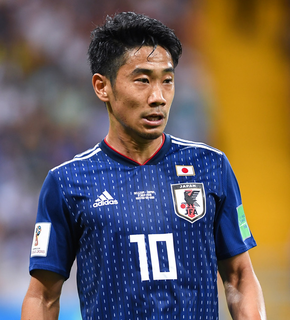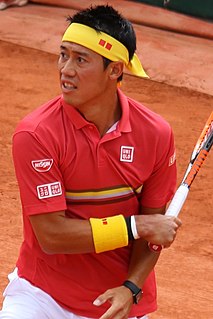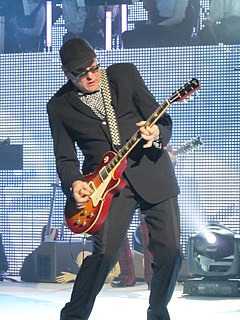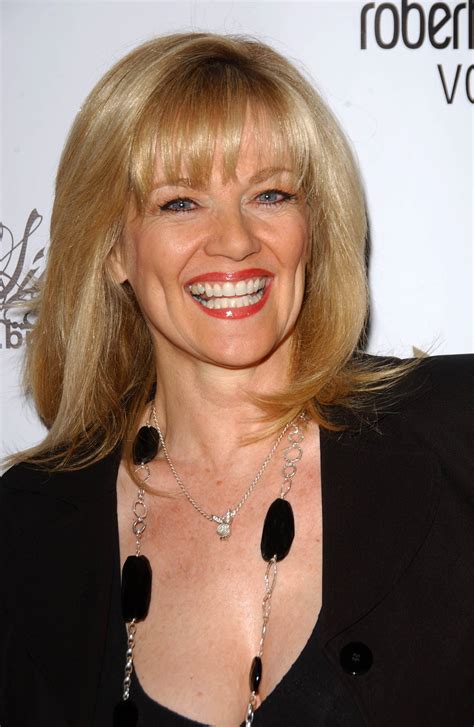A Quote by Shinji Kagawa
When playing for Japan, it means that I carry my country on my shoulders and I feel a different kind of pressure as I am expected to do more when playing for Japan.
Related Quotes
Japan is a wonderful country, a strange mixture of ancient mystique and cyberpunk saturation. It's a monolith of society's achievements, yet maintains a foothold in the past, creating an amazing backdrop for tourings and natives alive. Japan captures the imagination like no other. You never feel quite so far from home as you do in Japan, yet there are no other people on the planet that make you feel as comfortable.
I really love Japan, and I liked living there very much, and there are so many terrific things about Japan. However, I do think what's amazing is that Japan really prides itself on being monoracial. It doesn't have the same kind of idea as in the U.K. or Canada or the United States, in which the idea of diversity is a strength.
I remember my very first encounter with Japan. At that time, I was Deputy Mayor of St Petersburg. Out of nowhere, Japan's Consul General in St Petersburg came to my office and said Japan's Ministry of Foreign Affairs wanted to invite me to Japan. I was very surprised because I had nothing to do with Japan except being a judoka. This was an opportunity to visit Tokyo and a couple of other cities. And, you know, a capital is a capital everywhere: there is the official script and certain protocol. It is always easier to talk in the provinces, the conversation is more natural.




































